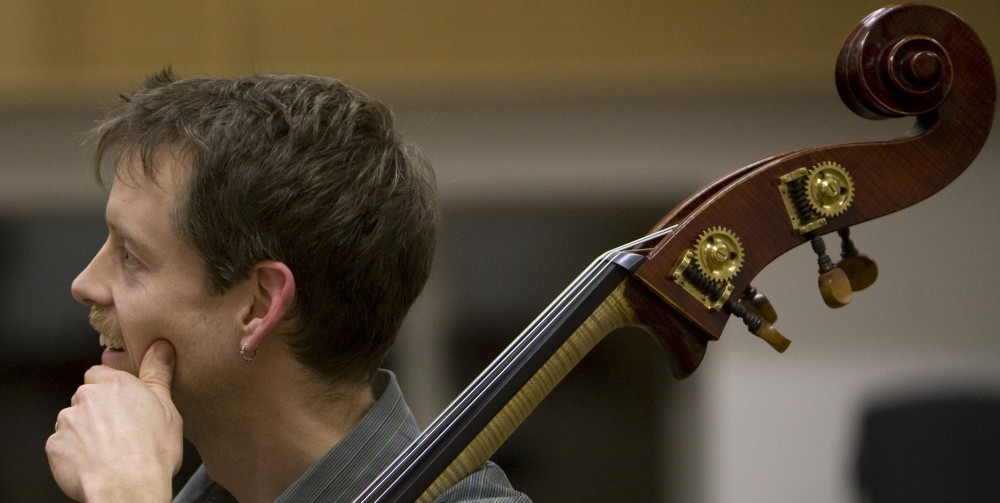As a string player who works primarily in string groups, and who has happily spent decades of my musical life within that community, it might be assumed that I would advocate string teaching above all other musical instruction. However, when it comes to primary music education I feel that the emphasis should be on singing. Frequently – when tackling questions of musical phrasing or rhetoric, articulation or even intonation – I ask myself “how would you sing it?” Singing is arguably the fundamental music, to which all music refers and from which all musical adventures and adventurers might beneficially embark.
Violin teaching is much more fashionable; perhaps it is aspirational (the violin really is the top of the heap in the classical-music hierarchy). And I suspect that the materialistic disposition of our society leads us to value instrumental tuition over vocal because it employs sophisticated tools. I’m not arguing against instrumental tuition, but in favour of singing as the discipline to which children should first be introduced.
There are lots of well-documented rewards for schools where instruments are taught: increased discipline, self-confidence and general academic achievement. All of these are great of course; but it may be years before the average child can express themselves on a string instrument because the technique is very challenging. On the other hand, if young children are taught to sing, they can quickly attain a considerable level of musical facility, and can participate on a much higher plane. Having learned to sing – and to really engage with music – children who then learn instruments will find they are able to aim higher from the outset. And those who do not continue to sing nor subsequently take up instruments will have had a view of music from the inside that is much more intellectually and spiritually rewarding than had they spent a couple of years on the violin.
When we are built with such an extraordinary and versatile internal instrument, why favour a fiddly external alternative?
